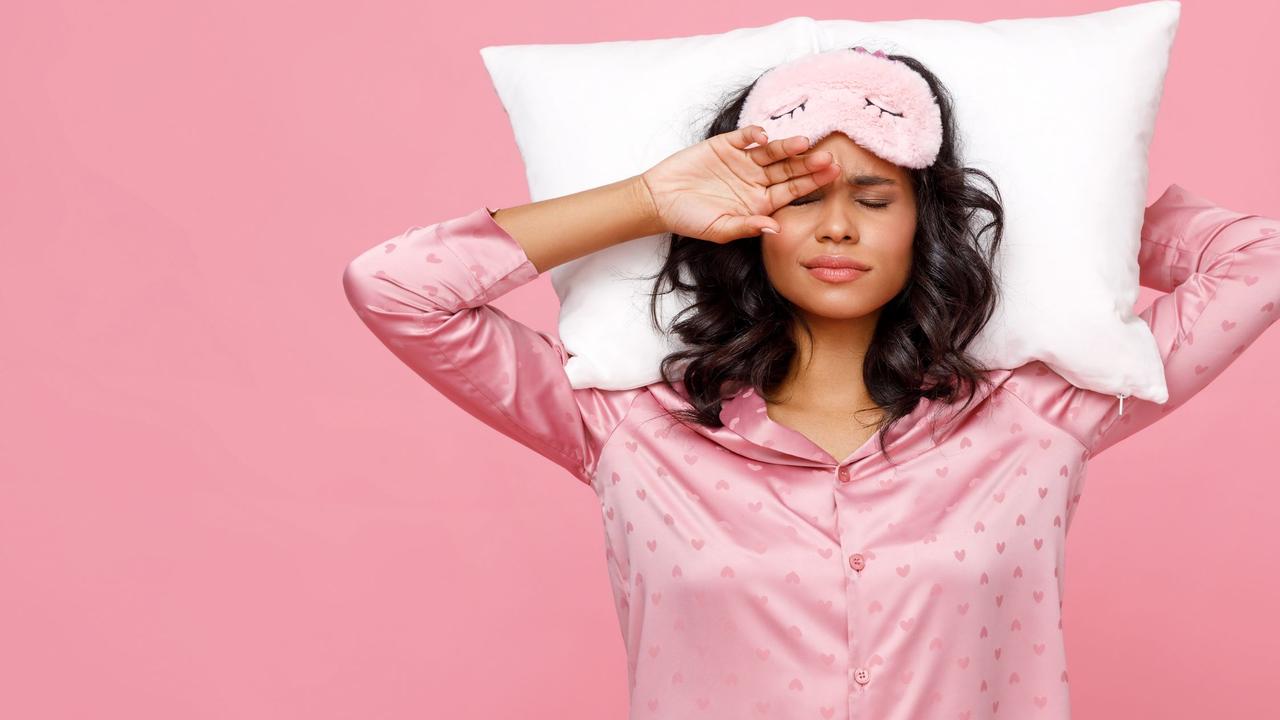Bad sleep: Exercise even two hours before bed can cause lack of sleep
It turns out doing this even two hours before bed can raise your resting heart rate and reduce your sleep by 30 minutes, new research has found.
Sleep
Don't miss out on the headlines from Sleep. Followed categories will be added to My News.
Intense exercise late in the day may be bad for a good night’s sleep and even affect overall health by raising the resting heart rate overnight.
That’s the warning after a major study led by Monash University found high-impact exercise at night keeps the body alert and the brain overactive before bedtime.
Lead author and sleep scientist Dr Josh Leota said even finishing strenuous exercise two hours before bed, which he said seemed like a lot of time to recover, was still associated with almost 30 minutes less sleep.
“The prolonged effects it had on the heart rate were incredible,” he said of the study. “Following maximal exercise that ended after someone’s usual bedtime, resting heart rate during sleep was raised up to 15 per cent throughout the night.”
The Monash team published the results of the study in Nature Communications on Tuesday and confirmed that exercising less than four hours before going to bed may impact sleep patterns.

The global study tracked 14,689 people for a year. The volunteers wore a multi-sensor biometric device called a WHOOP strap to record their exercise, sleep and cardiovascular data.
Dr Leota, from the Monash University School of Psychological Sciences, said the researchers wanted to shed light on “the important yet puzzling” link between the timing of exercise and sleep.
This was driven in part by elite athletes who told the team previously that their number one complaint with respect to their sleep was not being able to fall asleep after late night games.
“Exercise is extremely important and we would never discourage it,” Dr Leota said. “We just want to have a more nuanced approach to when the best time is to exercise so that our sleep health is not affected.

“These two health behaviours are very much synergistic and work together.”
He said those most impacted could be people who played competitive sports late in the day such as AFL, soccer, hockey and rugby, or those who go on a long endurance run at dusk.
“Any long distance run where your heart rate is elevated for a long time seems to have the largest association with disruptions to sleep,” Dr Leota said.
He said there were also confusing public health messaging around exercise and sleep that this study may help to resolve.
“Our findings suggest that if people were aiming to improve sleep health, ending strenuous workouts at least four hours before their bedtime may help.”

If that is not possible, Dr Leota said to choose short, low intensity exercises such as a light jog or a swim, to minimise sleep disruption and allow the body to wind down.
The study’s senior author Dr Elise Facer-Childs from Monash University said the team’s findings have significant implications for public health messaging around timing, duration and intensity of exercise.

“They present a critical step towards improving population sleep health, an issue of central importance given two in three Australian adults report at least one sleep problem and one in five adults fail to achieve the recommended seven or more hours of sleep per night,” Dr Facer-Childs said.
The study found the combination of later exercise and higher exercise strain was associated with delayed sleep onset, shorter sleep duration, lower sleep quality, higher nocturnal resting heart rate and lower nocturnal heart rate variability.
More Coverage
Originally published as Bad sleep: Exercise even two hours before bed can cause lack of sleep





